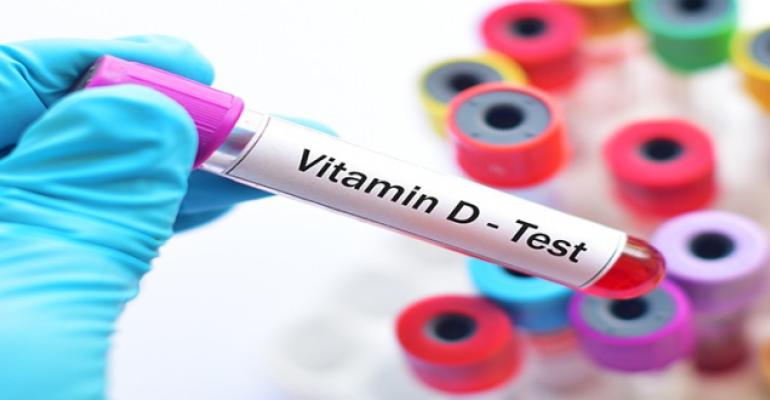It is a common misunderstanding that as the UAE has a sunny climate, residents receive their daily vitamin D quota. On the contrary, studies have shown high prevalence of hypovitaminosis D – or low levels of vitamin D – in subjects within the UAE, and this varies among different ethnic groups.
Low levels of vitamin D are a major risk factor for the development of metabolic bone diseases, and has also been linked to cardiovascular disease, multiple sclerosis, metabolic syndrome and diabetes.
Bone health
According to Dr. Nabila Rashid, Specialist Dermatologist & Venerologist, Medcare Hospital, Dubai, Vitamin D is crucial for the development and maintenance of the skeleton.
“Vitamin D deficiency can adversely affect calcium metabolism, bone remodelling and bone density,” she explains. “There are numerous forms of bone disease that may manifest, including osteoporosis, rickets and Pagets disease, with symptoms of bone pain and predisposition to fractures."
Normal bone growth and mineralisation depends on the availability of adequate calcium and phosphate, while deficient mineralisation at the bone growth plate can result in bone deformities such as rickets. Vitamin D is a prohormone that is essential for the normal absorption of calcium from the gut, so when there is a deficiency of this prohormone, there is a decrease in calcium absorption and a subsequent decrease and impairment in the mineralisation phase of bone remodelling.
“In order to avoid bone impairment, several guidelines exist concerning recommended vitamin D intake. Screening for is recommended, which allows healthcare professionals to advise on appropriate treatment,” Dr Rashid adds.
"Vitamin D deficiency can adversely affect calcium metabolism, bone remodelling and bone density. There are numerous forms of bone disease that may manifest, including osteoporosis, rickets and Pagets disease, with symptoms of bone pain and predisposition to fractures." - Dr. Nabila Rashid
Lifestyle changes
Making simple lifestyle changes can help patients receive sufficient vitamin D levels. Sunlight is undoubtedly the best source of vitamin D – it is synthesised by our bodies when ultraviolet B (UVB) rays in sunlight hit our skin. However, darker skin and wearing long-sleeve clothing can both reduce the bodies ability to absorb UVB rays from sunlight, needed to produce vitamin D. You can also receive vitamin D from certain food such as eggs, soy yogurt, almonds and fish such as salmon. Those with severe vitamin D deficiency may need supplement tablets as recommended by their healthcare provider.
References available on request.
Vitamin D is a prohormone that is essential for the normal absorption of calcium from the gut.

